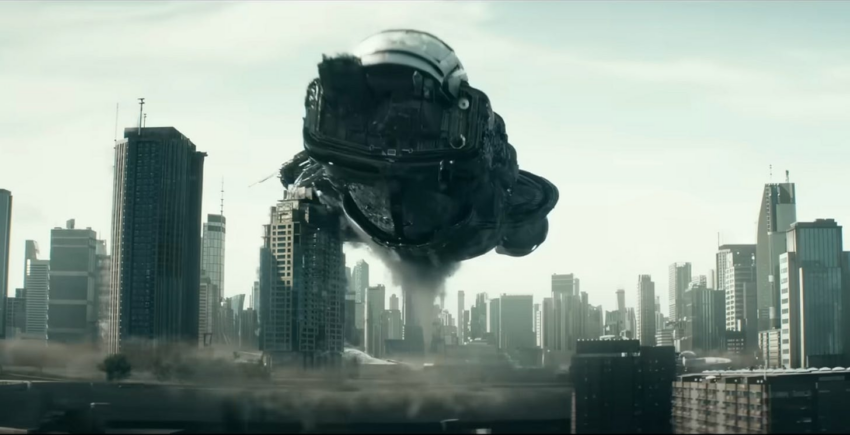Someone in the AI safety space recently told me that she was pretty sure that one of two things was going to happen to her in the next few years: She would die, or she would start to live forever.
She said it with a smile — she was being ironic. But that didn’t mean she wasn’t serious about it. The future has never been so uncertain as it is today. Literally almost anything could happen. I personally don’t think humans will ever achieve immortality, or even expand our life expectancies appreciably, but it’s not an insane idea if you take the possibilities of Artificial General Intelligence — or “superintelligence,” or whatever we’re defining the Holy Grail of AI as this year — seriously. If we ever achieve that benchmark (and I hope we don’t), the experience of being an earthling will change radically, whether for better or for worse (or, most likely, some of each). The transhumanist fantasy of digitally uploaded human consciousnesses and the apocalyptic expectation of human extinction at the hands of intelligent robots may both sound like cringe sci-fi. But perhaps the least likely prospect of a world of machine superintelligence is one in which human existence is more or less the same as it has always been, but in a sleeker, more technologically magical environment. Expecting this outcome doesn’t make you a realist. It just means your imagination has failed you.
There are really only two possibilities. Either the trillion dollar bets the AI labs are making will fail, or we’re on the brink of sudden, unimaginable change. There are those, including me, who will point out that in every age, people have believed they were at the cusp of the end of the world as we know it, a cultural tendency that can be chalked up to our enduring human narcissism — the belief that those of us alive at this particular, arbitrary moment are somehow special. But there’s another kind of narcissism that cuts the other way: the assumption that the universe is our plaything that we can bend to our will forever, without it ever pushing back against us. That we will always control what we conjure. We know that most of us may well live to see superintelligence. The idea that we could survive it is perhaps even more narcissistic than the idea that it will destroy us.
Two of my favorite cultural franchises got reboots this year: the series that began in 2003 with 28 Days Later, and the one that started in 1979 with Alien. In June, 28 Years Later was released in theaters, and this week, the first season of Alien: Earth started streaming on FX. Both of them feel, to me, weirdly plausible as visions of the next stage of human civilization.
Click this link for the original source of this article.
Author: Leighton Woodhouse
This content is courtesy of, and owned and copyrighted by, https://leightonwoodhouse.substack.com and its author. This content is made available by use of the public RSS feed offered by the host site and is used for educational purposes only. If you are the author or represent the host site and would like this content removed now and in the future, please contact USSANews.com using the email address in the Contact page found in the website menu.








